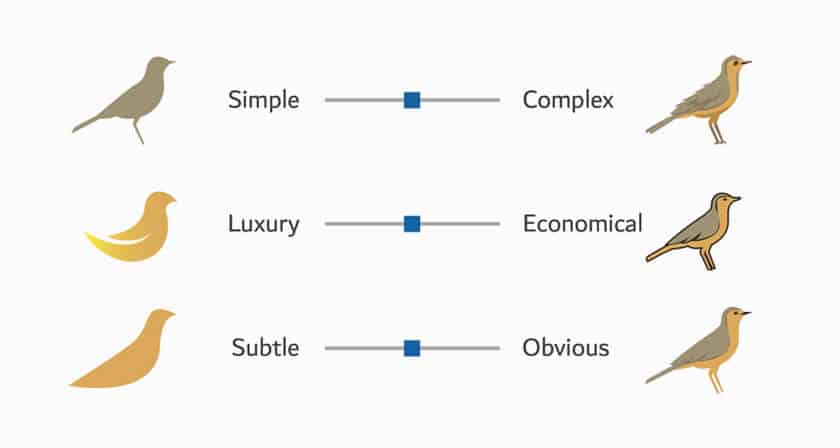In a world of online consumers who demand personalization, ease, and super seamless interaction with their favorite brands it is imperative that you fully understand the benefits of using smart marketing strategies.
Omnichannel and multichannel marketing are two similar concepts that often get confused. Though they have some similarities, there are critical distinctions between them. We’ll look closely at what distinguishes omnichannel marketing from multichannel marketing. We’ll also explore why choosing the right approach is essential for your business.
What are omnichannel and multichannel marketing?
Omnichannel marketing is a holistic approach to marketing that takes into account the customer’s journey across all channels. It means creating a seamless experience for the customer, whether they’re interacting with your brand online, in-store, or through a mobile app. So, in layman’s terms, creating omnichannel experiences is to ensure a consumer can continue any journey with your brand from whatever device they are using at various points in the said journey. Omnichannel marketing is increasingly important to improve customer experiences.
On the other hand, multi-channel marketing is a more traditional approach that uses multiple channels to reach customers. It could include things like print ads, TV commercials, radio ads, and online banner ads.
What distinguishes omnichannel marketing from multichannel marketing?
Three key distinctions set apart omnichannel marketing from multichannel marketing:
Why choose an omnichannel or multichannel approach?
Adopting an omnichannel or multichannel approach depends on many factors, including your business goals, customer needs, and available resources.
An omnichannel approach is likely the best option if your goal is to create a seamless, integrated customer experience. This approach will require more investment upfront but will pay off in the long run by creating loyalty and repeat customers.
A multichannel approach may be the best option if your goal is to optimize each channel individually. This approach is less resource-intensive and can be more effective in the short term. However, it’s essential to remember that this approach can cause fragmentation and a lack of cohesion over time.
Adopting an omnichannel or multichannel approach also depends on your customer needs. An omnichannel approach is likely the best option if your customers want a seamless, integrated experience. A multichannel approach may be the best option if your customers are more concerned with convenience and individualized service.
Finally, adopting an omnichannel or multichannel approach depends on your available resources. It is the best option if you have the resources to invest in an omnichannel approach. However, a multichannel approach may be the best option if you don’t have the resources to invest in an omnichannel approach.
Why is omnichannel presence so important for your brand?
In today’s digital world, customers expect a seamless experience when interacting with brands. They want to be able to connect with brands through multiple channels, including online, in-store, and on social media using their phones, PCs, TVs, or tablets.
This is why it’s so important for brands to have an omnichannel presence. By being present across multiple channels, brands can reach a wider audience and create a more consistent customer experience.
Additionally, an omnichannel strategy allows brands to collect data from multiple touchpoints, which can be used to create targeted marketing campaigns. So if you’re looking to take your brand’s marketing to the next level, an omnichannel approach is the way to go.
Why is multichannel marketing so effective?
There are many reasons why multichannel marketing can be so effective.
Multichannel marketing effectively reaches customers where they are, tailors your message to each channel, tracks and measures results, and creates a consistent brand identity. Now is the time to start if you’re not already using a multichannel approach.
Conclusion
It is essential to consider what distinguishes omnichannel marketing from multichannel marketing to decide which approach is best for your business. Both approaches have advantages and disadvantages, and the best approach for your business will depend on many factors, including your goals, customer needs, and available resources. Visit taradel for more information about the best marketing channels for your unique business.
About the Author
Harry Wilson is a senior digital marketing consultant at Globex Outreach. Writing is one of his part-time hobbies because he gets to share his experience with the world. Professionally, he helps map out a flawless digital marketing plan for the clients at his firm.
This content was originally published here.


